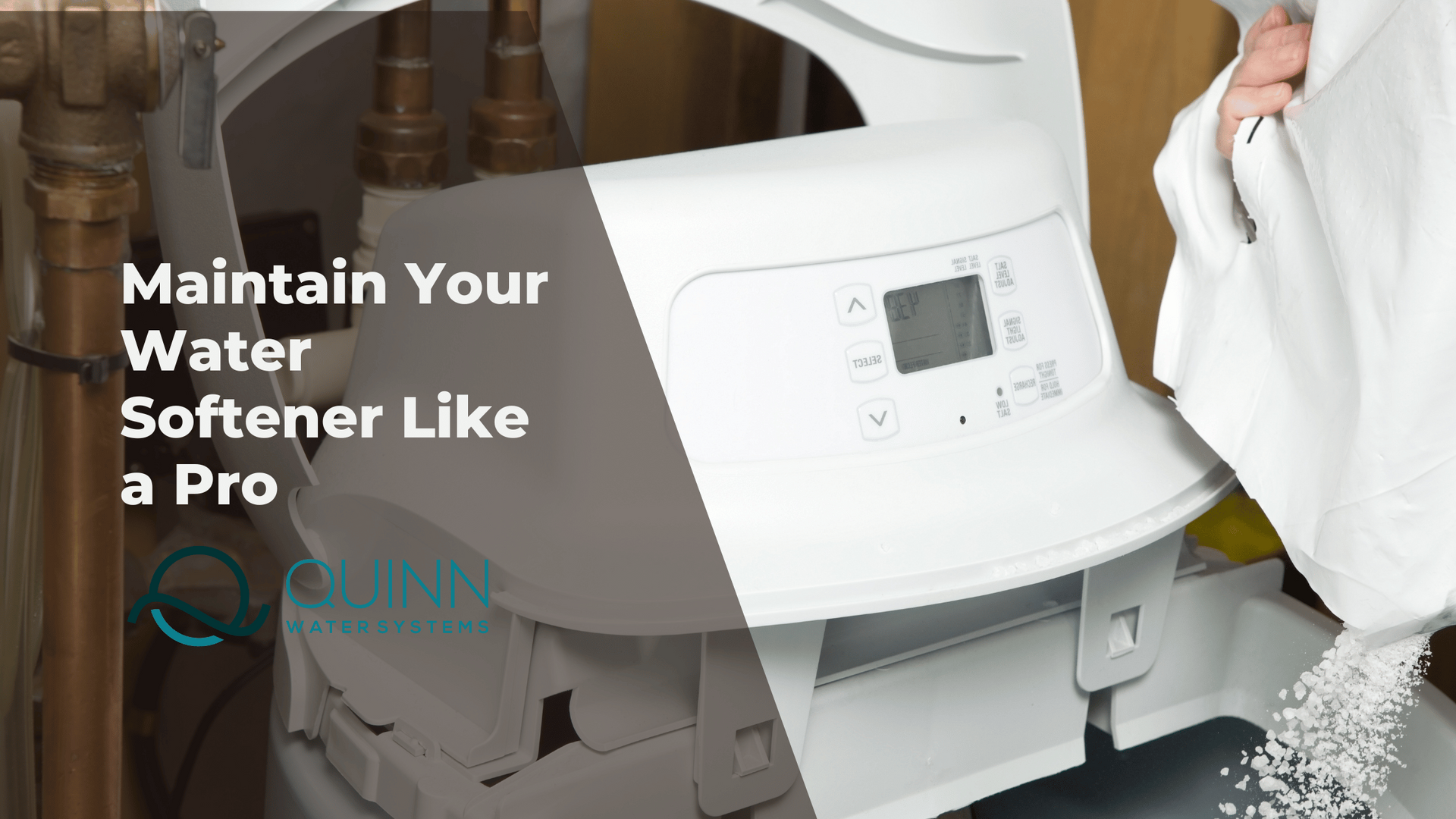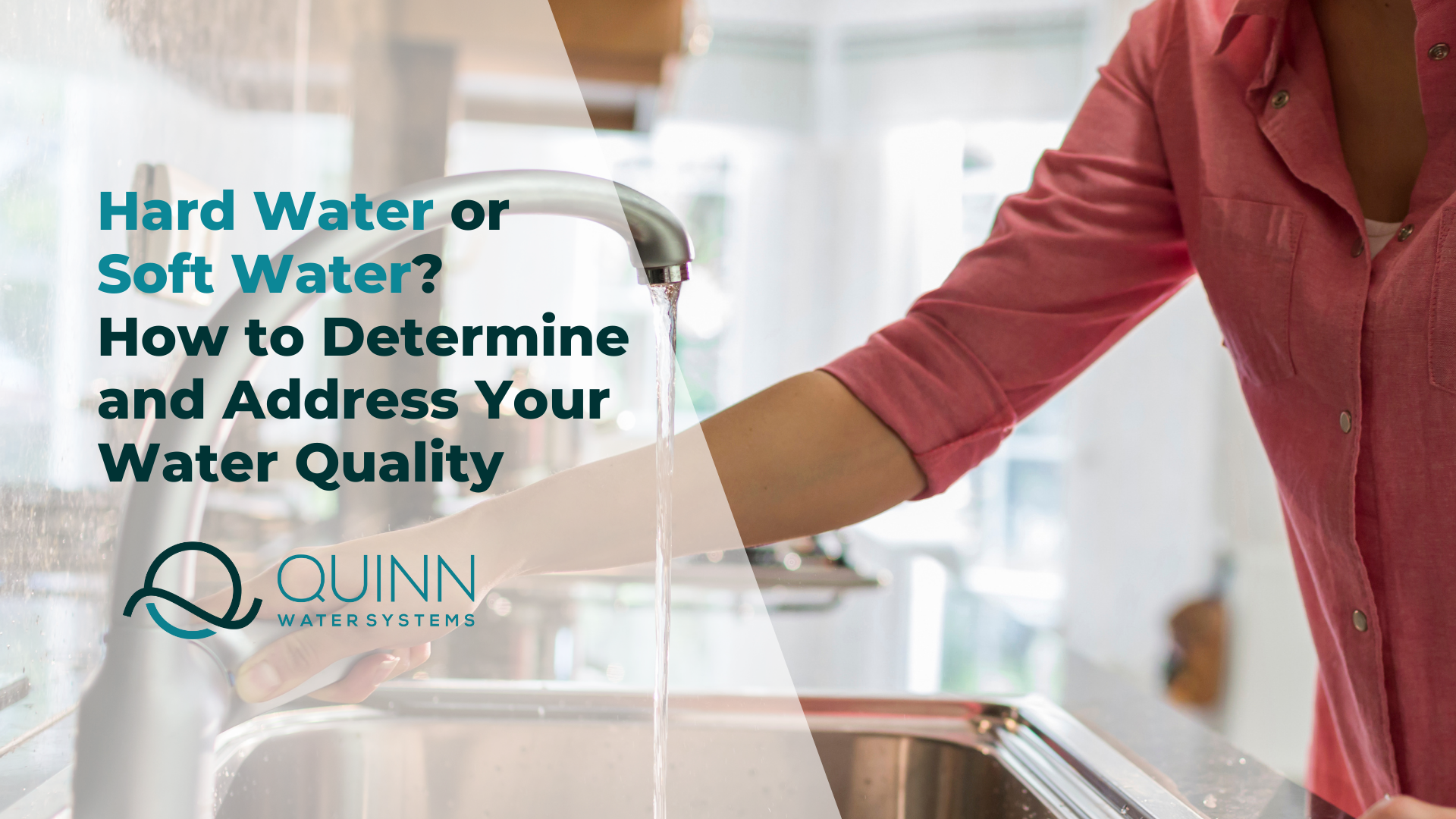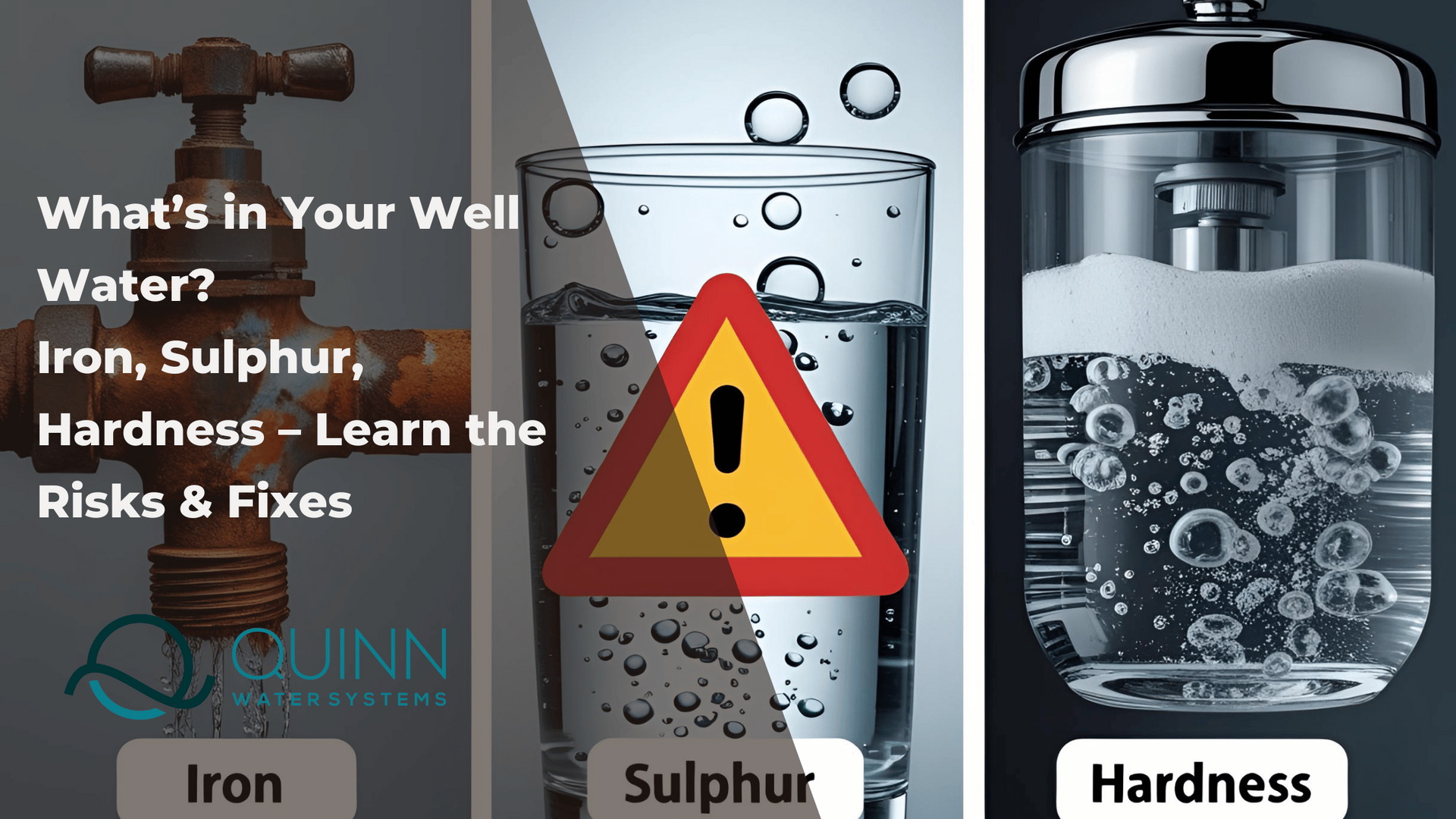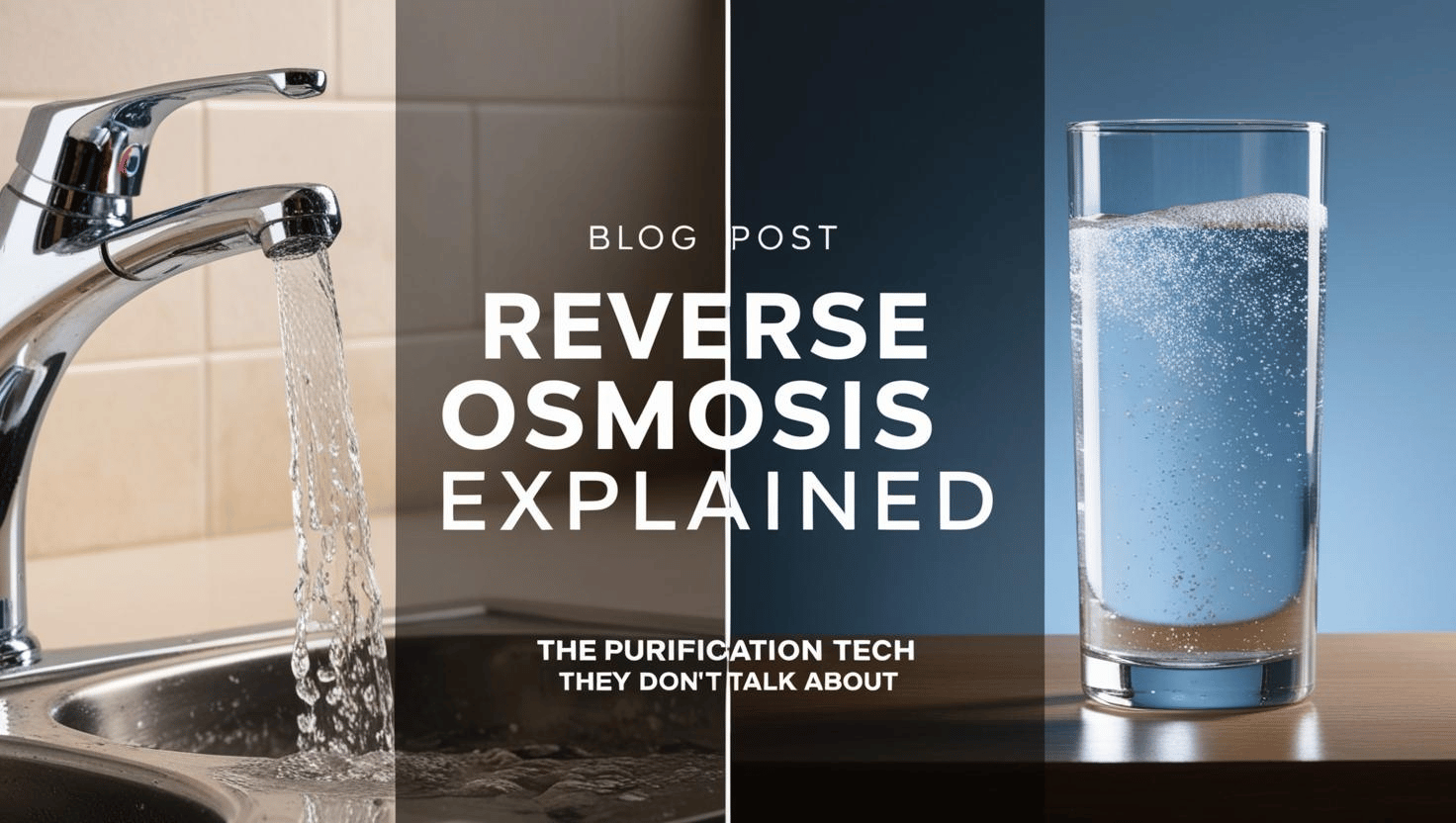Does Magnetic Water Softener Really Work?
There’s been a lot of buzz about magnetic water softeners lately. This controversial method promises to reduce water hardness by passing it through a magnetic field, providing a chemical-free alternative. But do these claims really stand up to scrutiny?
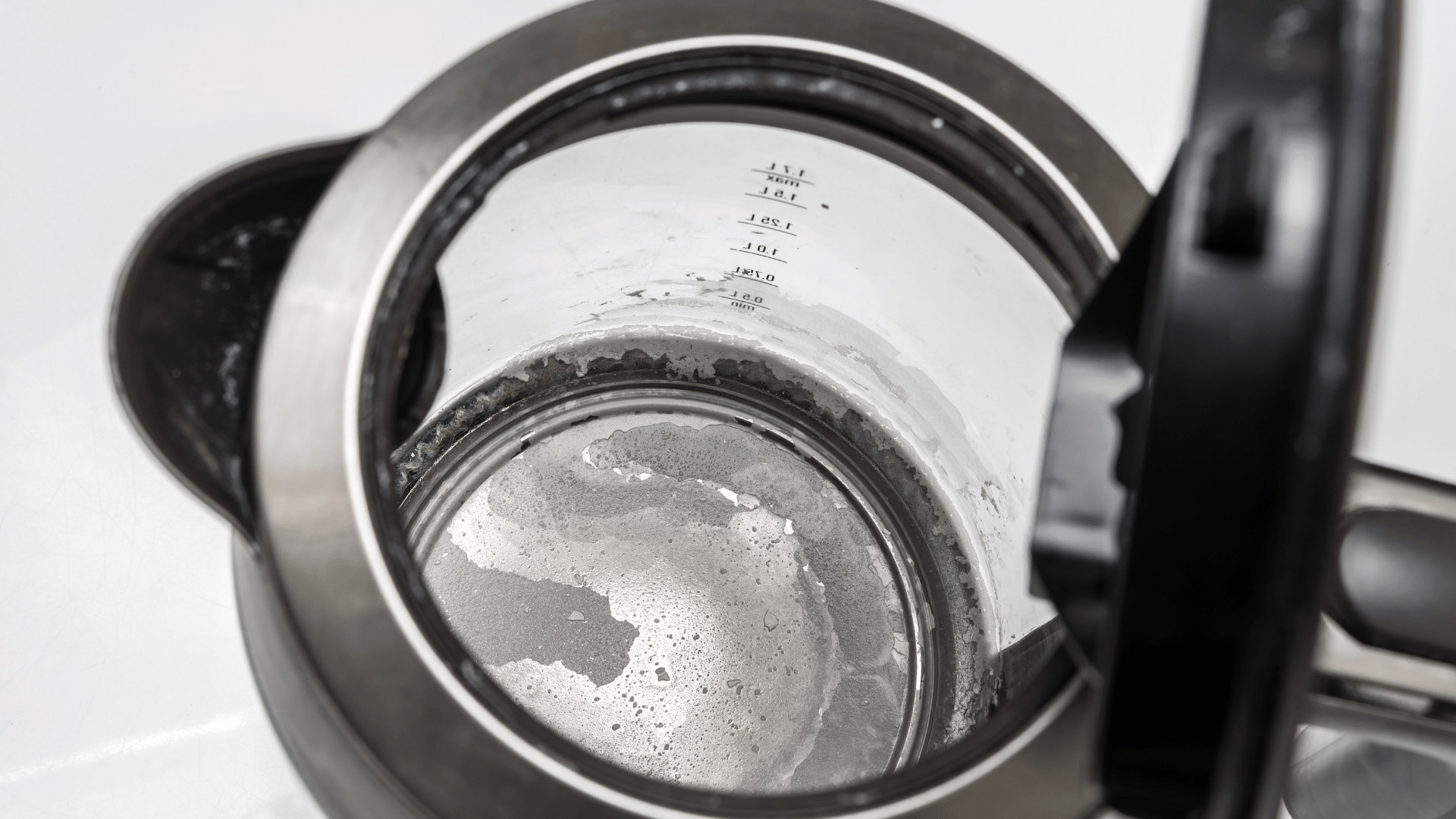
The Magnetic Water Softener Controversy
Magnetic water softeners or Descaler are touted as a revolutionary way to combat hard water without using chemicals. However, the efficacy of these devices has not been well-supported by scientific data. A review of available literature reveals that their claims lack substantial backing and are often deemed insignificant and unscientific. While the low cost and ease of maintenance may appeal to some, it’s essential to understand where magnetic water softeners may fall short in delivering on their promises.While the low cost and ease of maintenance may appeal to some, it’s essential to understand where magnetic water softeners may fall short in delivering on their promises.
How Do Magnetic Water Softeners Work?
Magnetic water softeners claim to prevent scaling by altering the structure of minerals in the water. But here's what you need to know:
1. No Mineral Removal
Unlike traditional water softeners, magnetic water softeners do not actually remove calcium or magnesium—the minerals responsible for water hardness. Instead, they claim to change the chemical structure of these minerals to prevent scaling.
2. Limited Effectiveness in Standing Water
Magnetic softeners may reduce scaling in moving water. However, they are less effective in areas where water sits for extended periods (e.g., hot water heaters), meaning scaling can still occur.
3. Reduced Efficiency
Because the water must pass through a specific magnetic field range to be "softened," these systems are often less efficient compared to traditional water softeners.
4. Lack of Scientific Proof
Despite their popularity, there is little scientific evidence supporting the effectiveness of magnetic water softeners. Many studies have failed to verify the manufacturers' claims of significant benefits.
READ MORE: The Truth About Magnetic Water Softeners
Although magnetic water softeners might sound appealing due to their low cost and non-chemical process, their efficacy is questionable. These devices are often marketed with lofty promises, but scientific research has yet to substantiate their claims. Before investing in one, it's important to be cautious and avoid falling for dubious marketing tactics.
What Really Works?
The Ion-Exchange Process: A Proven Solution
When it comes to effectively reducing water hardness, the ion-exchange process stands out as a time-tested and globally recognized solution. Hard water is primarily caused by excess calcium and magnesium ions, which are picked up by water as it flows through the earth and rocks.
How Ion-Exchange Works
Water hardness is caused by an excess of calcium and magnesium ions, which are naturally picked up from the earth and rocks as water flows through them. The ion-exchange process works by replacing these hardness-causing ions with sodium ions. This effectively softens the water, reducing scale buildup in your pipes and appliances. Ion-exchange water softeners are safe for household use and provide long-lasting results. They are widely considered the gold standard for treating hard water, making them a practical and affordable choice for homeowners.
Conclusion
When choosing a water treatment system, it's crucial to rely on methods with proven efficacy. Ion-exchange Water Softeners offer a safe and effective solution for treating hard water, unlike the less substantiated claims of magnetic water softeners. Don’t fall prey to dubious claims—opt for tested and reliable technologies for your water treatment needs.
Ask us about Water Softener
Blog Posts
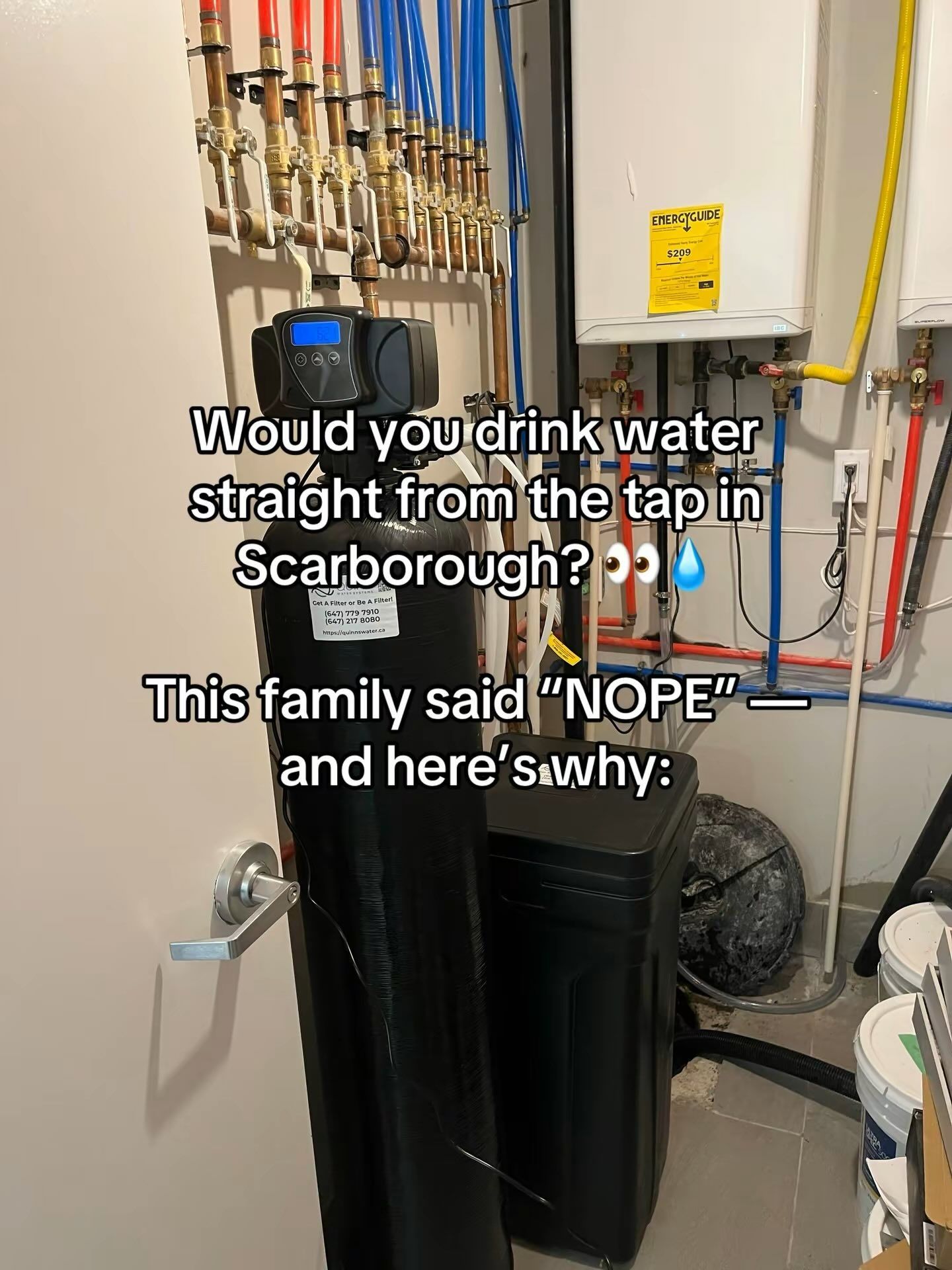
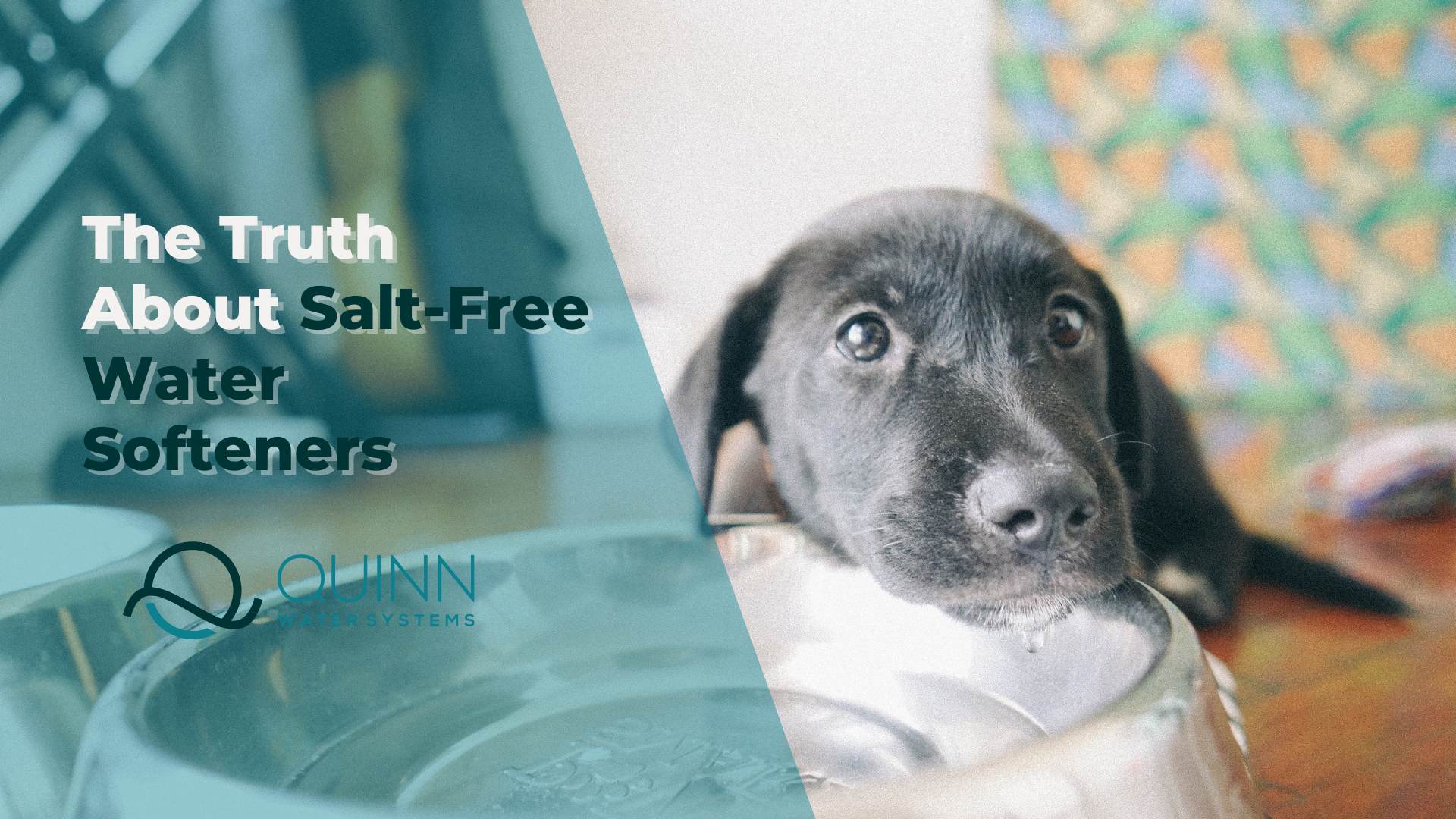

Share this blog
Blog Posts




